The Seattle Times
Editorial Board
A PROPOSED state constitutional amendment that would keep irresponsible, budget-busting initiative measures — like last year’s Initiative 1351 — from ever reaching the ballot is an idea worth pursuing.
It addresses a growing problem. The initiative process has been misused for years by sponsors who mislead voters with promises of something for nothing: big spending boosts for popular programs with no accompanying revenue increases, or big tax cuts that make no accompanying budget reductions.
SJR 8201 — the “Truth in Initiatives Amendment” — would force sponsors to address both sides of the equation.
But the right of Washington voters to make laws themselves through initiative is one they rightfully hold dear. Before putting any amendment on the ballot, legislators need to get the details right so there are no unintended consequences.
The amendment was introduced last week in the 49-member Senate by state Sen. Joe Fain, R-Auburn, with a whopping 37 co-sponsors — 20 Democrats, 17 Republicans. Constitutional amendments require two-thirds vote of both houses of the Legislature and approval by state voters.
It would require the Secretary of State’s Office to reject, within weeks of its filing, any initiative that doesn’t comply with the state’s four-year balanced-budget projections.
That means initiatives that mandate expensive new programs — such as I-1351, which requires reductions in K-12 class sizes that are expected to cost billions — also would have to propose new revenues to pay for them.
Initiatives that whack taxes — can you say Tim Eyman? — also would have to spell out what programs would be trimmed or eliminated as a result.
The constitutional amendment would not bar initiative backers from presenting their tax or spending proposals to voters. It would keep them from pandering to the electorate with illusory offers of a free lunch. There is no such thing, of course, and the amendment would make that crystal clear to voters.
As legislators ponder the amendment, they need to make certain it does not snare initiatives with minimal budgetary impact — the 1972 campaign-finance disclosure initiative comes to mind — in a net intended to catch the real budget-busters.
Legislators also need to determine who’s best qualified to determine whether an initiative would unbalance the budget. As drafted, SJR 8201 delegates that to the secretary of state and attorney general. The Office of Financial Management should be involved, too.
Fain and state Sen. Jamie Pedersen, D-Seattle, the amendment’s lead Democratic backer, say the amendment’s language isn’t set in concrete. Good. Legislators need to tread carefully as they tinker with a right many Washingtonians hold sacred. And voters would have the say if it gets to the ballot.
But they’re on the right track.

